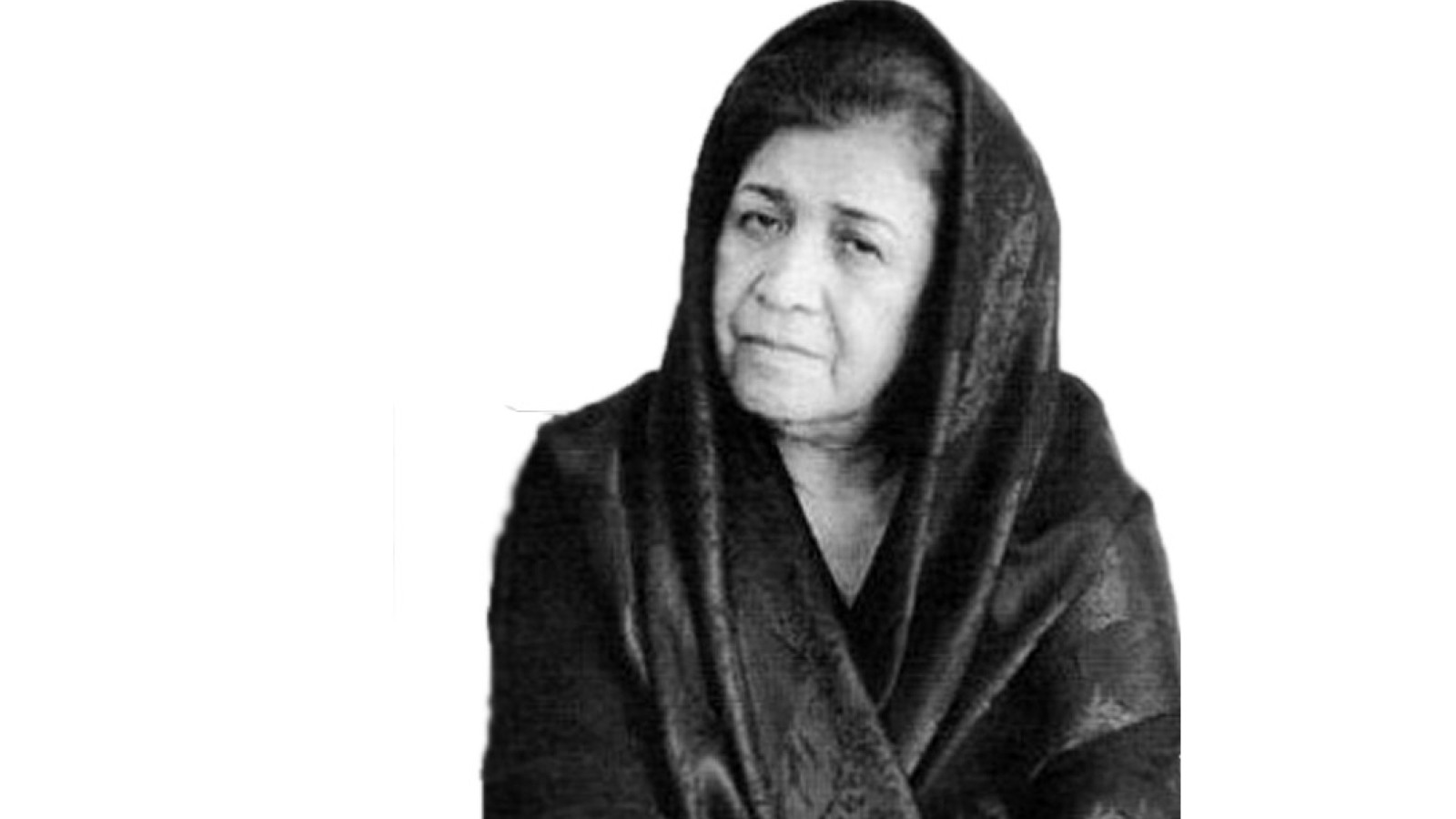
Parvin Dowlatabadi, the humanist poet and known as the poet of children, came to the world in 1303 SH in Isfahan. She was the daughter of Fakhr Giti and Hesamodin Dowlatabadi, two well-known social and cultural modernists during the late Qajar and Pahlavi the first. Her mother was the headmaster of Namoos School in Isfahan and her father was a poet and also the manager of General Directorate of Endowments and Charity and representative of the people of Isfahan in the fourteenth and eighteenth sessions of the National Assembly.
After immigrating to Tehran with her family, she studied the first years of high school in Noor School and Sedaghat School and she passed next years in Noorbakhsh School which was American. It was during high school years that her poetic talent flourished. She entered the faculty of fine arts in the University of Tehran to study painting and sculpture, but she abandoned her studies when she visited the orphanage and started to work there as the manager but without any payment. By this time, she became familiar with children’s world and not only she was occupied with different cultural and social activities as the other members of her family, but also, she continued the tradition of writing poems in her family which resulted in the poetry collections like Shoorab, Atash and Ab (fire and water), and Mehrtab.
One of the most important motifs in her works is love. In addition, she is considered as one of the avant-gardes in modern Persian poetry for children and teenagers, whose result of literary endeavors is represented in a collection entitled on the boat of clouds. Dowlatabadi has more than 50 works for children such as Persian letters in Forms of Animals, Cardboard House, Understand the Flower My Child, Red Short Foot Hen, Almond Flower, Flower Came (by Hans Christian Andersen and her translation), and Silver Lune. Her Almond Flower poetry book won the award of the best poetry from Children's Book Council in 1366 SH. She has a simple, childlike, and profound look into the life and the phenomena through her poems.
On the contrary to the other children’s poets, she did not give advice through her poetry, but she invited the audience to see, how to see, and how to see childhoodlike.
Parvin Dowlatabadi died from heart diseases on Farvardin 27, 1387 SH.